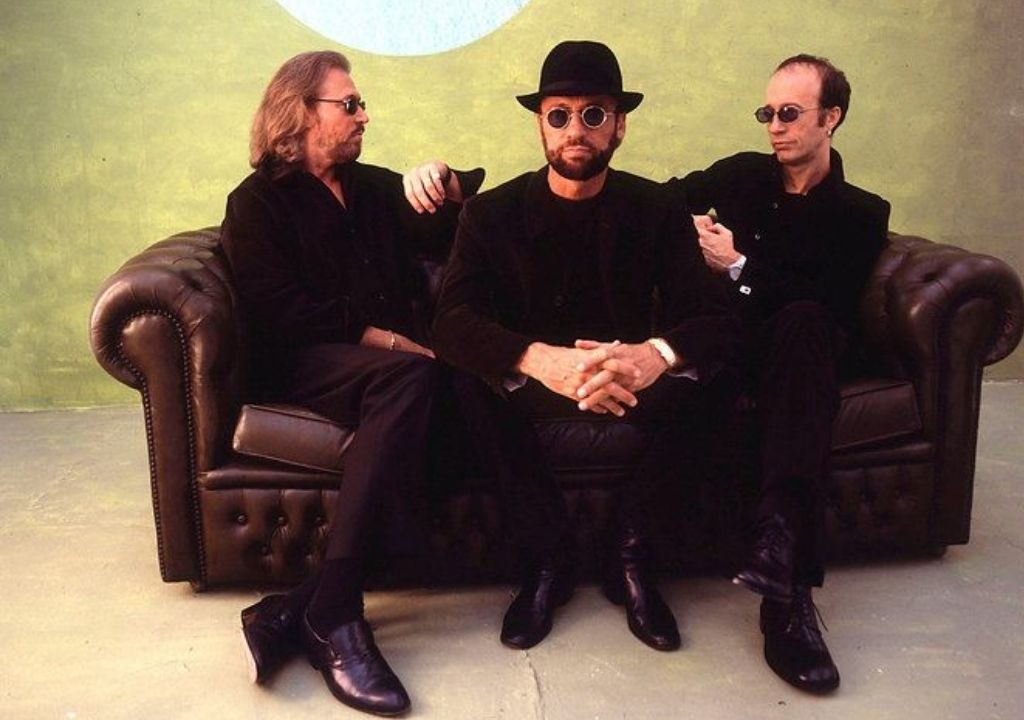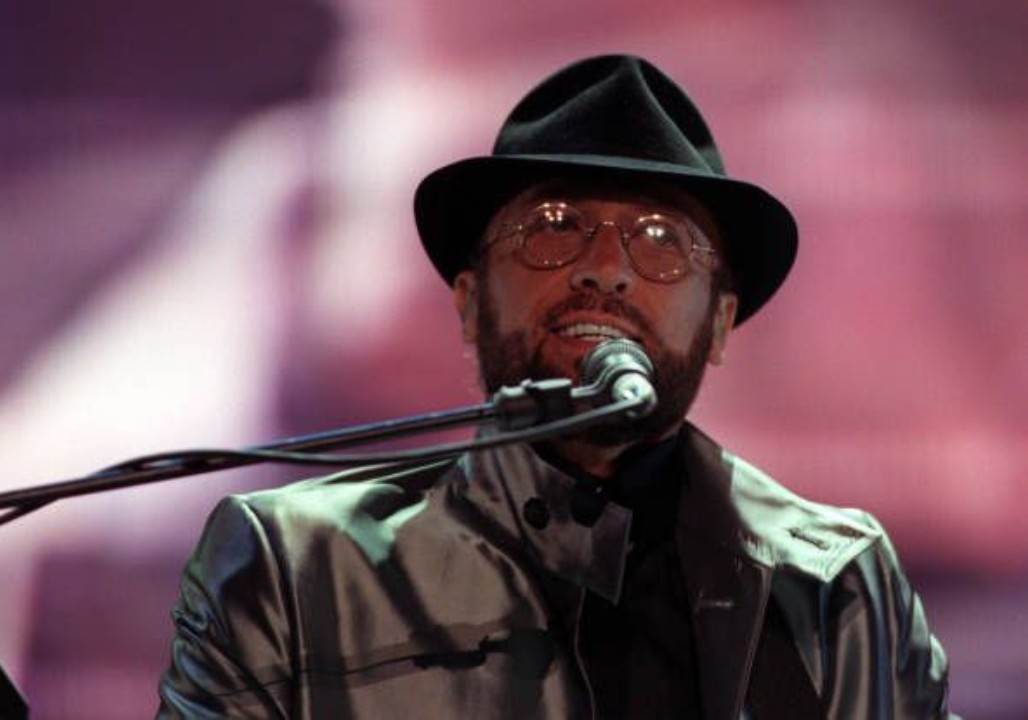
The song “Man in the Middle,” a powerful and poignant track from the Bee Gees’ final studio album, stands far beyond a mere pop tune. Released on April 24, 2001, as part of the album This Is Where I Came In, this song delves deeply into personal struggle, identity, and the crushing weight of public perception. Unlike the infectious disco anthems of their 1970s heyday, “Man in the Middle” marks a stirring return to the Bee Gees’ roots: melodic pop-rock and heartfelt balladry. This song, woven into their farewell album, carries an unmistakable somber significance, a bittersweet coda to their extraordinary five-decade career.
By the time This Is Where I Came In was unveiled, the Bee Gees had already etched their legacy into music history, boasting estimated worldwide sales between 120 million to 250 million records, ranking them among the best-selling artists ever. Their journey had spanned the kaleidoscopic psychedelic 1960s, the dizzying disco explosion of the 1970s, and their induction into the Rock and Roll Hall of Fame in 1997. This album was a deliberate fresh start, a reconciliation of past glories with present sensibilities, a return to their classic Bee Gees sound, veering away from the electronic trends and complex projects that had surfaced in their later years.
Crucially, “Man in the Middle” features lead vocals by Maurice Gibb—the only track on the album to do so—imbuing the song with raw emotional power. Maurice’s voice, imbued with earnestness and warmth, became even more stirring given his untimely death less than two years after its release. This makes the track not just a musical piece but a profound memorial.
Musically, “Man in the Middle” is a blend of soft rock and adult contemporary, fitting for its mature and introspective lyrics. The song is not propelled by dance rhythms or soaring falsettos; instead, it rides a steady mid-tempo groove matched with soulful, heartfelt vocals. The classic Bee Gees hallmark of lush harmonies and nuanced musical arrangements underpin the song’s narrative without overwhelming the listener. Though the album was praised critically as a triumphant capstone, this track emerged as a cherished fan favorite for its emotional depth and reflective lyrical themes of regret and human vulnerability.
The legacy of “Man in the Middle” escapes conventional achievement metrics like chart rankings or sales figures — it was never released as a single. Instead, its quiet but enduring impact lies in its emotional resonance and its deep connection with listeners, particularly in digital resurgence through fan playlists and YouTube tributes. Maurice Gibb’s final lead vocal on a Bee Gees record elevates it to a sacred memorial, profoundly meaningful to longtime fans and admirers.
In the end, the true achievement of this hauntingly beautiful song is its ability to bond with audiences on a deeply personal and human level—a final, stirring testament from the “man in the middle” himself, Maurice Gibb, echoing long after the music fades.
